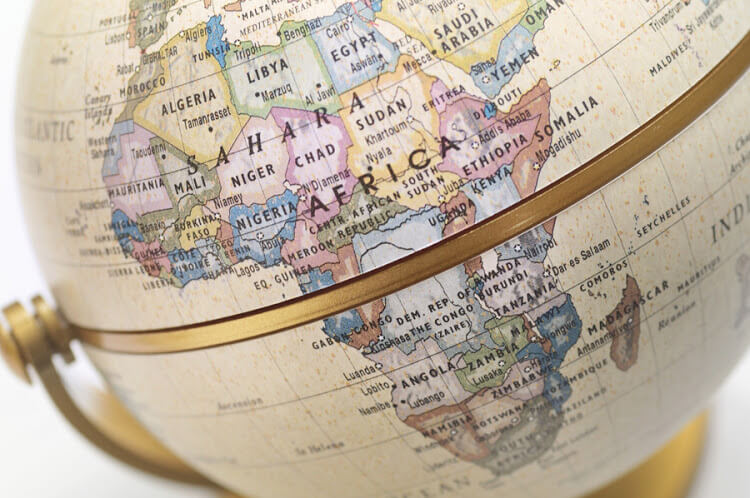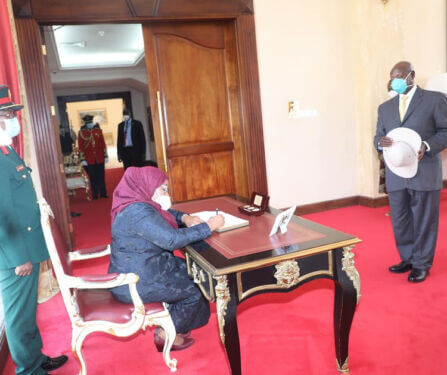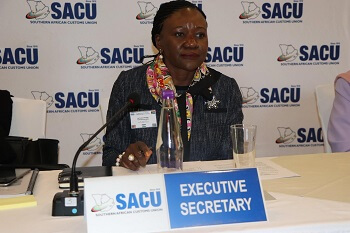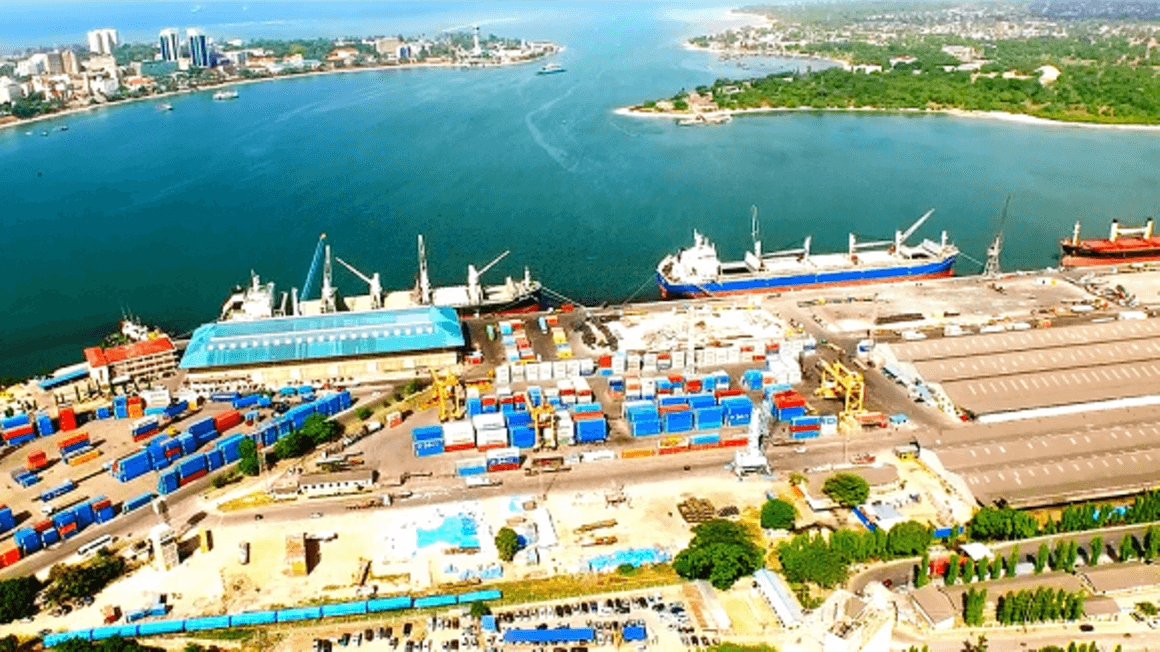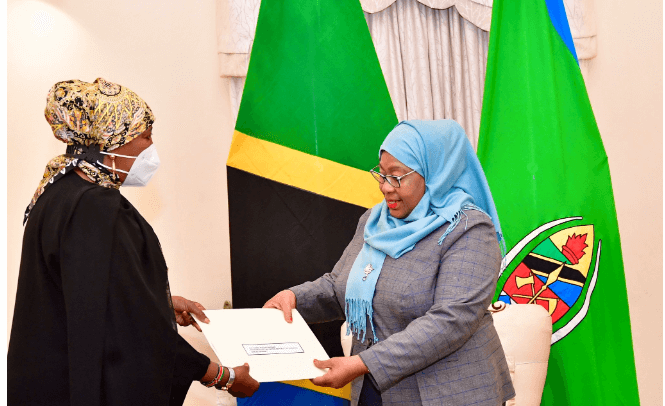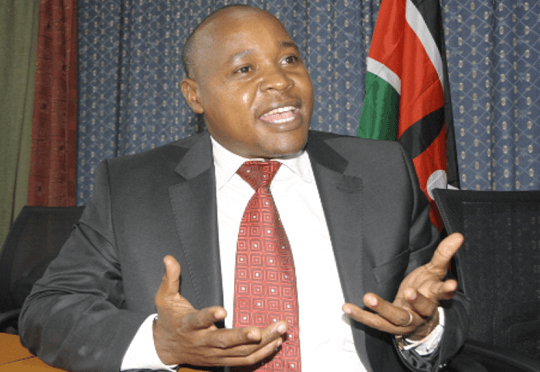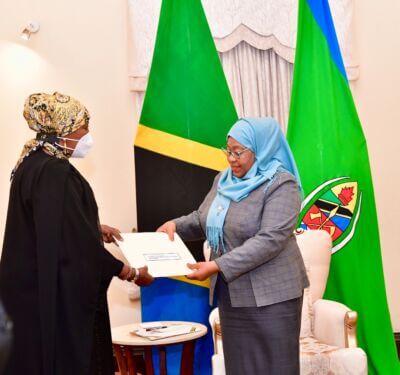For decades, African women have been trapped in poverty cycles due to several underlying factors including unequal access to education, factors of production, and trade facilities; inequitable labour saving technologies; underpaid or unpaid labour; harmful cultural practices; and limited legal protection from gender inequality practices entrenched in society. To break the cycle of poverty and inequalities, the African Union continues to advocate for the development and implementation of policies and legal; frameworks that will create a wider array of opportunities for women, and which will lead to their economic empowerment at the national and regional levels, and ensuring that the development envisaged for Africa is inclusive and sustainable. With the launch of trading under the African Continental Free Trade Area (AfCFTA) in January 2021, the expectations are high as relates to the expanded business prospects for women-led businesses, which will unlock the potential for African women to grow their businesses from micro to macro enterprises. The Agreement establishing the AfCFTA recognises the need to build and improve the export capacity of both formal and informal service suppliers, with particular attention to micro, small and medium size enterprises in which women and youth actively participate. Furthermore, the AfCFTA Protocols on Trade in Goods, Trade in Services, Investment, Intellectual Property Rights and Competition Policy, provide clear guidelines to ensure emerging enterprises and infant industries are protected thus adding impetus to the Agenda 2063 goals of gender equality, women empowerment and youth development. Through the AfCFTA, informal and micro and small enterprises will...
AfCFTA promises to unlock the potential for African women to move to macro businesses
Posted on: April 13, 2021
Posted on: April 13, 2021



